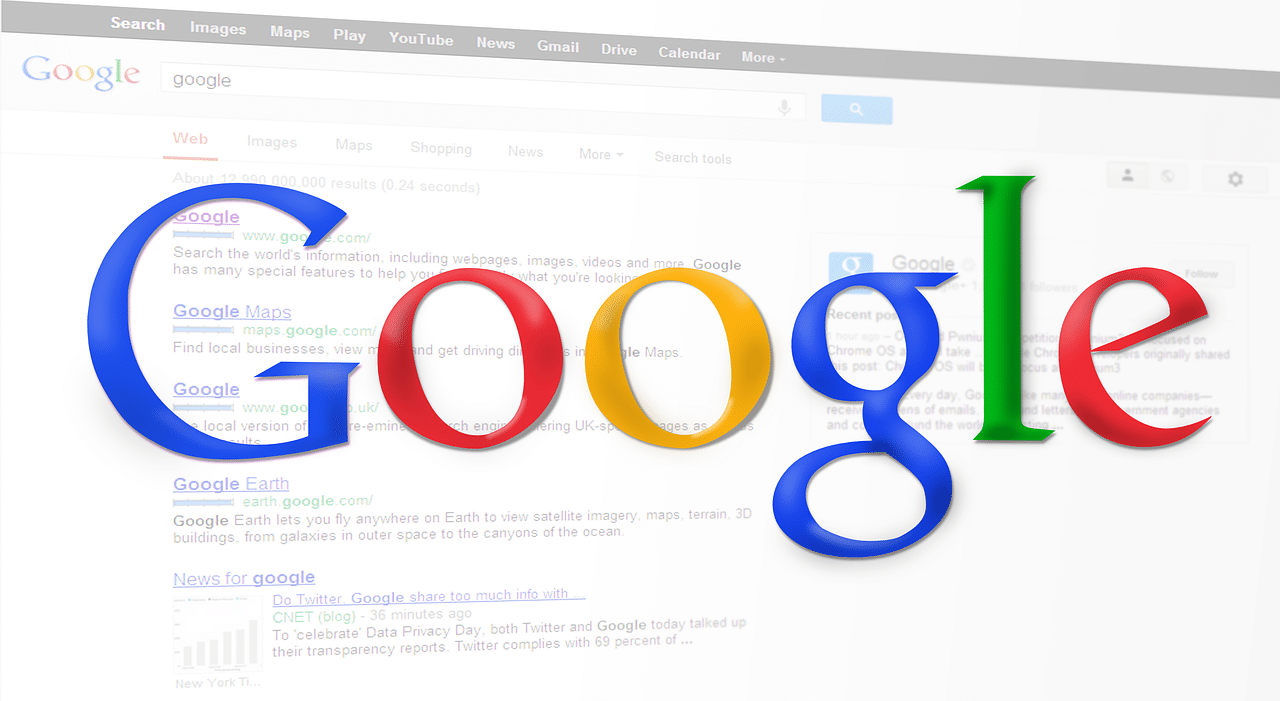Table of ContentsThings about Do You Need An Seo? - Search Console Help - Google SupportSeo Basics: 22 Essentials You Need For Optimizing Your Site ... Fundamentals ExplainedThe Facts About Seo Basics: A Beginner's Guide To Seo - Wordstream UncoveredThe Greatest Guide To What Is Seo? Search Engine Optimization 2020 - Moz
Promoting a website to increase the number of backlinks, or incoming links, is another SEO method - what is local seo. By May 2015, mobile search had actually surpassed desktop search. As an Web marketing technique, SEO considers how online search engine work, the computer-programmed algorithms that dictate online search engine habits, what individuals search for, the real search terms or keywords typed into search engines, and which online search engine are preferred by their targeted audience.
These visitors can then possibly be transformed into clients. SEO differs from regional search engine optimization in that the latter is focused on optimizing a business' online existence so that its websites will be displayed by search engines when a user gets in a regional search for its services or products.
Web designers and content providers started enhancing sites for search engines in the mid-1990s, as the very first online search engine were cataloging the early Web. At first, all webmasters only needed to submit the address of a page, or URL, to the various engines which would send https://www.google.com/maps?cid=2338238235142961680 a web spider to crawl that page, extract links to other pages from it, and return information found on the page to be indexed.
A 2nd program, called an indexer, extracts info about the page, such as the words it consists of, where they are situated, and any weight for specific words, as well as all links the page includes. All of this information is then positioned into a scheduler for crawling at a later date.

According to industry analyst Danny Sullivan, the expression "seo" probably entered use in 1997. Sullivan credits Bruce Clay as one of the very first people to promote the term. On May 2, 2007, Jason Gambert tried to trademark the term SEO by convincing the Hallmark Office in Arizona that SEO is a "procedure" involving adjustment of keywords and not a "marketing service." Early versions of search algorithms relied on webmaster-provided details such as the keyword meta tag or index files in engines like ALIWEB.
The Ultimate Guide To Do You Need An Seo? - Search Console Help - Google Support
Utilizing metadata to index pages was discovered to be less than reliable, nevertheless, due to the fact that the web designer's option of keywords in the meta tag might potentially be an inaccurate representation of the website's real material. Inaccurate, insufficient, and inconsistent information in meta tags could and did cause pages to rank for unimportant searches. [] Web content providers likewise controlled some characteristics within the HTML source of a page in an attempt to rank well in online search engine.
Early search engines, such as Altavista and Infoseek, changed their algorithms to prevent webmasters from controling rankings. By greatly counting on factors such as keyword density, which were exclusively within a web designer's control, early search engines suffered from abuse and ranking manipulation. To offer much better results to their users, online search engine had to adapt to ensure their outcomes pages showed the most appropriate search outcomes, instead of unrelated pages packed with many keywords by deceitful webmasters.
Since the success and popularity of an online search engine is identified by its capability to produce the most appropriate results to any given search, bad quality or unimportant search results page might lead users to discover other search sources. Online search engine responded by developing more intricate ranking algorithms, taking into account extra elements that were more difficult for web designers to manipulate.
Business that employ excessively aggressive strategies can get their client sites banned from the search results page. In 2005, the reported on a company, Traffic Power, which supposedly used high-risk strategies and failed to divulge those dangers to its customers. magazine reported that the same business took legal action against blogger and SEO Aaron Wall for writing about the restriction.
Some search engines have likewise connected to the SEO market, and are frequent sponsors and guests at SEO conferences, webchats, and workshops. Significant search engines supply information and standards to aid with website optimization. Google has a Sitemaps program to help webmasters learn if Google is having any problems indexing their site and also provides data on Google traffic to the site.
Indicators on What Is Seo? Search Engine Optimization In Plain English You Need To Know
In 2015, it was reported that Google was developing and promoting mobile search as an essential feature within future products. In action, numerous brands started to take a different approach to their Internet marketing techniques. In 1998, two college students at Stanford University, Larry Page and Sergey Brin, developed "Backrub", an online search engine that relied on a mathematical algorithm to rate the prominence of web pages.
PageRank approximates the likelihood that an offered page will be reached by a web user who arbitrarily surfs the web, and follows links from one page to another. In impact, this indicates that some links are stronger than others, as a greater PageRank page is more likely to be reached by the random web surfer.
Google drew in a loyal following amongst the growing number of Internet users, who liked its basic design. Off-page elements (such as PageRank and link analysis) were thought about along with on-page elements (such as keyword frequency, meta tags, headings, links and site structure) to make it possible for Google to avoid the sort of manipulation seen in online search engine that only thought about on-page factors for their rankings.
Many sites concentrated on exchanging, buying, and offering links, frequently on a huge scale. Some of these plans, or link farms, included the creation of thousands of sites for the sole function of link spamming. By 2004, online search engine had actually incorporated a broad variety of undisclosed elements in their ranking algorithms to reduce the effect of link adjustment.

The leading online search engine, Google, Bing, and Yahoo, do not reveal the algorithms they utilize to rank pages. Some SEO practitioners have actually studied different methods to browse engine optimization, and have shared their individual opinions. Patents associated to online search engine can offer info to much better comprehend search engines. In 2005, Google started personalizing search engine result for each user.
Seo Basics: 22 Essentials You Need For Optimizing Your Site ... Fundamentals Explained
In 2007, Google announced a project versus paid links that transfer PageRank. On June 15, 2009, Google disclosed that they had actually taken measures to mitigate the results of PageRank sculpting by utilize of the nofollow attribute on links. Matt Cutts, a popular software application engineer at Google, revealed that Google Bot would no longer treat any nofollow links, in the same method, to prevent SEO service providers from utilizing nofollow for PageRank sculpting.
In order to prevent the above, SEO engineers developed alternative methods that change nofollowed tags with obfuscated JavaScript and hence allow PageRank sculpting. Additionally a number of solutions have actually been recommended that include the usage of iframes, Flash and JavaScript. In December 2009, Google revealed it would be using the web search history of all its users in order to populate search engine result.
Designed to allow users to find news outcomes, forum posts and other content rather after publishing than previously, Google Caffeine was a modification to the way Google upgraded its index in order to make things reveal up quicker on Google than previously. According to Carrie Grimes, the software application engineer who announced Caffeine for Google, "Caffeine supplies 50 percent fresher results for web searches than our last index ..." Google Instant, real-time-search, was introduced in late 2010 in an effort to make search results more timely and appropriate.